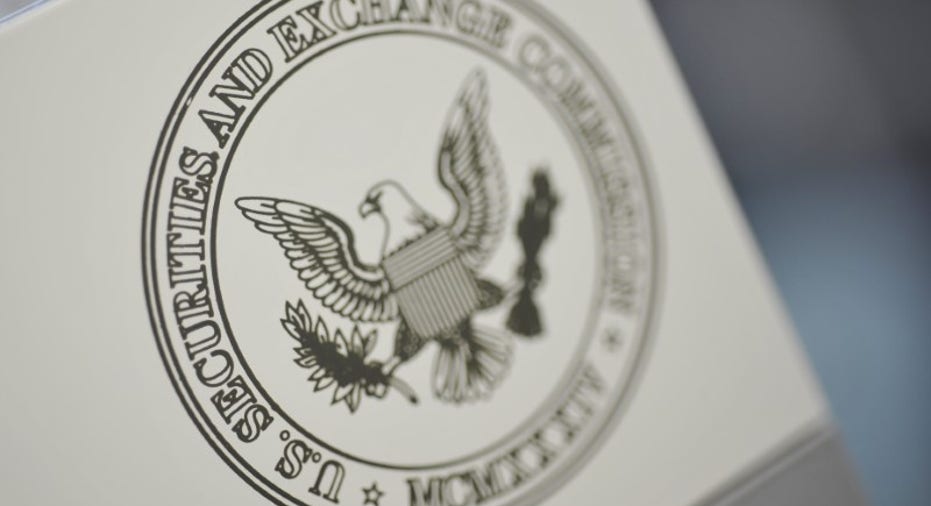U.S. investor, CEO groups set for lobbying battle over proxy challenges

WASHINGTON – Shareholder activists are pushing back against a major business trade group's request that the White House use its influence on the U.S. securities regulator to make it harder to get governance, political or environmental issues onto corporate ballots, according to a letter seen by Reuters on Monday.
Company boards and CEOs have increasingly faced requests by investors to include various shareholder proposals on corporate ballots involving issues from CEO pay to climate change.
Existing U.S. Securities and Exchange Commission rules have "given shareholders an important voice," and should not be changed, the five investor groups said in a March 15 letter to the White House's National Economic Council Director Gary Cohn.
The letter, to be made public on Tuesday, was signed by groups including the Council of Institutional Investors and the Investor Network on Climate Risk.
In February, the Business Roundtable, a group of corporate CEOs, gave Cohn a rundown of major regulations that it believes hurt U.S. economic growth. It said the SEC's current rules wrongfully encourage activists "with insignificant stakes in public companies" to pursue "social or political agendas."
In recent years, dozens of companies have adopted "proxy access" proposals making it easier for investors to nominate directors to corporate boards. The measures were backed by big asset managers.
More shareholders have also tried to get proposals on ballots requiring company disclosures on environmental, social or political issues, such as climate change. Far fewer of those have won enough investor support.
Under current SEC rules, shareholders are generally eligible to submit proposals to corporate ballots if they own $2,000 or 1 percent of a company's outstanding stock for a year.
If a company objects, the SEC can step in to decide if the proposal meets certain legal standards and should be on the ballot.
The Business Roundtable has previously urged the SEC to raise the stock ownership threshold, and has also advocated for rules limiting how often shareholders can re-submit proposals that fail repeatedly.
The SEC is an independent agency, so Cohn or other White House official cannot directly influence how it writes or enforces the rules. The White House could, however, lean on Congress to enact legislation requiring changes in SEC rules.
Jay Clayton, President Donald Trump's choice to run the SEC, is slated to go before the Senate Banking Committee on Thursday for his confirmation hearing, where Senators may ask about his views on the subject.
(Reporting by Sarah N. Lynch; Editing by David Gregorio)



















